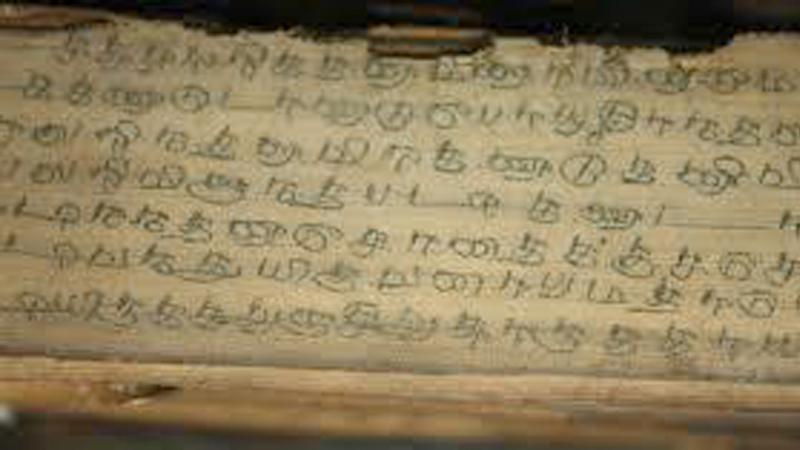
There is a distinct Tamil Literature in Sri Lanka. This fact is not much known among other communities in the country. Even the Tamil-speaking people living in various parts of Lanka are not aware of this.
Such readers believe that Lankan Tamils depend on Tamilnadu State in neighbouring India for literary sustenance
Lankan Tamil Literature has its own characteristics in the same way the British-English or the American English is practised.
Although English is a medium of communication or expression, each country has its distinctive features of English usage.
If any reader wishes to know about Lankan Tamil Literature, at least through the medium of English, he or she could read in translation some of the creative writing by the Lankan Tamil-speaking writers either in Sinhala or English.
The creative writing of Thamils and Muslims is in three volumes in English: ‘The Lute Song’ edited by the late Chelva Canaganayagam, a Lanka born Canadian Tamil, who taught English at the University of Tamil, Toronto; ‘A Lankan Mosaic’ by Lankan academics, the late Ashley Halpe, Ranjani Obeysekera and M A Nuhman; An anthology of short stories in Tamil edited by Rajeeva Wijesinha. That was a Penguin India edition.
Numerous books of creative writing by Lankan writers in Tamil are published regularly in Lanka and Tamilnadu.
There are literary Tamil magazines published in Lanka and abroad pertaining to Lankan Tamil Literature, besides e-magazines. But only Tamil knowing people could read these magazines and literary newspaper articles.
A few Tamil books have been translated into Sinhala, but many Sinhala books are available in Tamil.
There is a dearth of competent bilingual or trilingual translators of creative writing in Lanka. Some Universities have courses in Translation studies, but that is not enough.
The Government can set up a pool of creative bilingual or trilingual translators under the purview of the Cultural Ministry so that all communities can benefit in understanding different cultures.
It would be better if creative writers themselves become creative translators because it is they who are familiar with the nuances of Literature in general.
